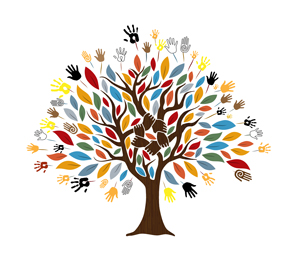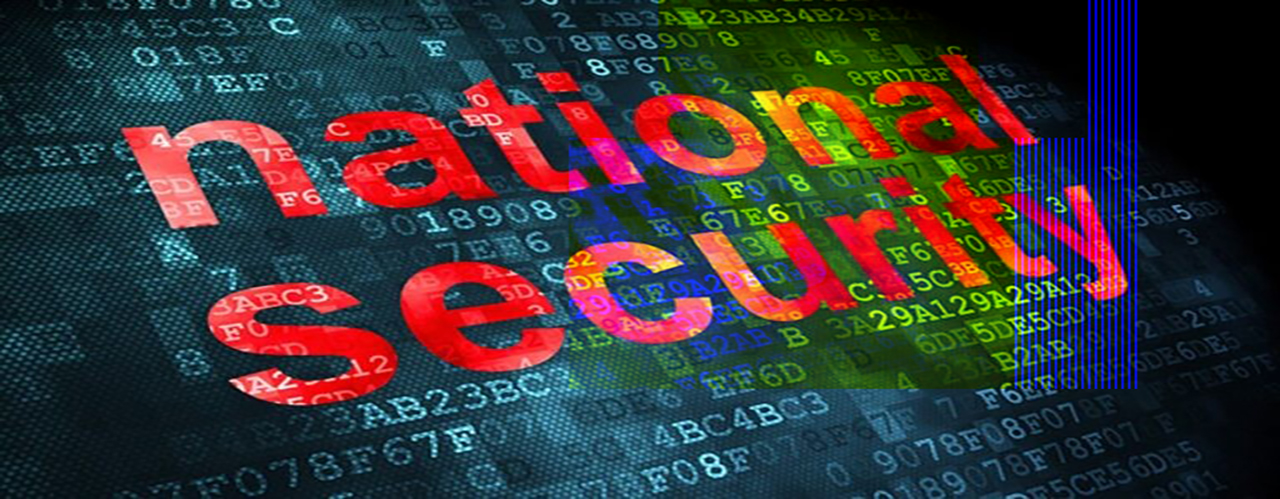There is no denying that the so-called “Freedom” Convoy in Ottawa was just one act of a more significant movement, and there is a need to know how to avoid future manifestations of the hate that fuelled the convoy.
Researchers and analysts have concluded that organizers of the truckers convoy had a history of white nationalism, and the occupation in Ottawa was a manifestation of homegrown populist, right-wing extremism. We knew about this threat and its outcome as a national crisis in Canada.
Despite an amalgamated form of various shades of hatred and racism, some of us still tolerate the extremist movement and hesitate to consider it a threat to national security.
In the U.S., top law enforcement officials have long declared white supremacists to be the “biggest domestic terror threat.” White supremacy has been declared a “motivating force behind domestic terrorism.”
Acting Secretary of the U.S. Department of Homeland Security, Chad Fredrick Wolf, believes, White supremacy “poses a threat to the Homeland” and it “is anti-government/anti-authority violent extremism.”
Former Acting U.S. Secretary, Department of Homeland Security, Kevin McAleenan, points out that by October 2020, “racially and ethnically motivated vinyl extremists were highlighted as the number one most persistent and lethal threat facing the homeland.“
While we are hesitant to consider white supremacist hate movements a threat to national security in Canada, we must not underestimate the potential of these groups, the influence they have and the threat they pose. An unclassified joint intelligence bulletin from the FBI and the Department of Homeland Security (May 2017) found that “white supremacist extremism poses [a] persistent threat of lethal violence” and that White supremacists “were responsible for 49 homicides in 26 attacks from 2000 to 2016 … more than any other domestic extremist movement.“
White supremacy is considered a national security threat because of the hate ideology that has killed more people in the U.S. than any other form of extremism. In Canada, the same intense hatred is becoming a growing threat to national security. The associated risk factors set the conditions for a spark to turn a polarised environment into a national crisis at any time. For example, Staub[1] mentions economic situation to be a trigger for social unrest and mass crisis. During a touchy financial crisis like a recession, people are inclined to find someone to blame for their misfortune. According to Hamburg: “a sharp economic downturn can create a sense of crisis that makes a population ready to scapegoat a vulnerable out-group and softens popular reluctance to kill others.” [2]
Hate is a critical element of all acts of terrorism. Hate undermines our way of life and the community’s resilience. It tears our community and motivates violence against people of other races, religions, sexual orientations, and disabilities.
Incidents like the Quebec Mosque shooting or the mass shooting in Colorado and buffalo are the outcomes of hate. These qualify to be classified as national security threats. The complex, multi-layered problems posed by the perpetrators of hate raise serious questions for those within the policy, public/community safety and law enforcement domains.
We need to declare hate movements a threat to national security. We need to support grassroots, collective impact initiatives that build community resilience and address the polarisation caused by hate-mongering groups. The seeds of divisiveness need to be eliminated before they become more challenging because of the prevailing economic, political and social factors.
There isn’t a single solution to far-right extremism that breeds Islamophobia, antisemitism, anti-Asian and anti-immigrant sentiments. The issue is pervasive and getting worse. A convoy 2.0 is already in the making. Failing to recognise the obvious threat to our existence as a free society would lead to potential insurrections and violence. To prevent a national security crisis, we need to:
- Allocate resources to hate prevention initiatives on a priority basis to adopt a whole-society approach for open rejection of hate and violence.
- Recognise hate movements as a threat to national security, and understand and address their root causes and any legitimate grievances.
- Develop multi-agency operational responses to hate and hate crimes.
- Ensure law enforcement has the tools it needs to do the job. Update hate crime legislation to help police forces to develop new operational guidance for staff, recognising new and emerging sets of threats, potential harms, new and emerging groups of “others,” and ways of responding to victims.
- Fund new research and evaluative work to support policy and law enforcement responses.
- Expand the hate crimes framework to stop ignoring the systemic and political nature of the violence committed by White supremacists.
- Demand politicians call out rhetoric that radicalises and openly shuns those who embrace supremacist and extremist ideas and conspiracy theories.
- Help organisations and professionals operating at the nexus of public safety, equity building, and community well-being find common ground to be mindful of extremism both on the right and left side of the political spectrum and address negative perceptions of the law enforcement side of the equation.
- Focus policies and interventions on building equity across geographies and vulnerable communities.
- Combat disinformation and reduce the spread of hateful ideas. Enforce existing laws and criminalise/regulate hate speech online and offline.
- Better screen members of the military, security and law enforcement to ensure the institutions remain committed to civil rights and other democratic values
Abid Jan is a community safety and well-being expert working as Director Capacity Building with United Way East Ontario
[1] Hamburg, David A. 2008. Preventing Genocide: Practical Steps Towards Early Detection and Effective Action. Boulder: Paradigm Publishers.
[2] Staub, Ervin. 2009. ‘The Origins of Genocide and Mass Killing: Core Concepts’. In The Genocide Studies Reader, eds. S. Totten and P.R. Bartrop. New York: Routledge.

